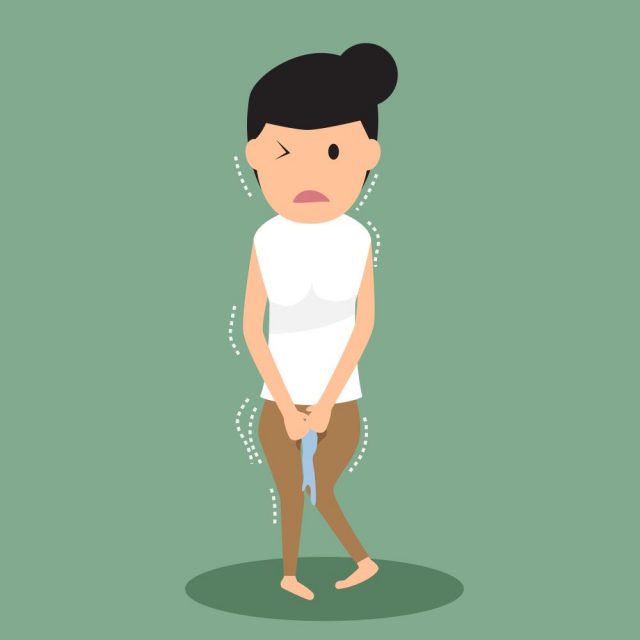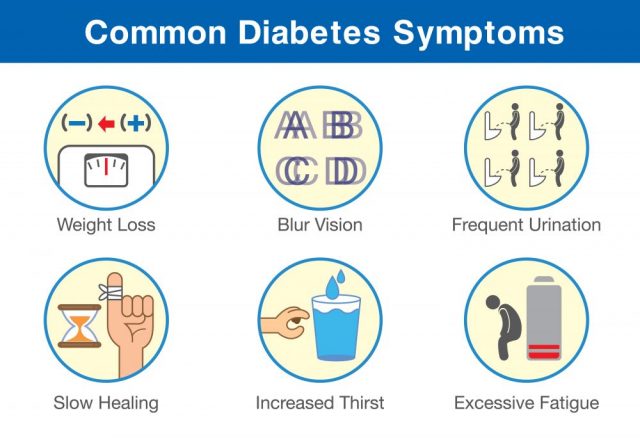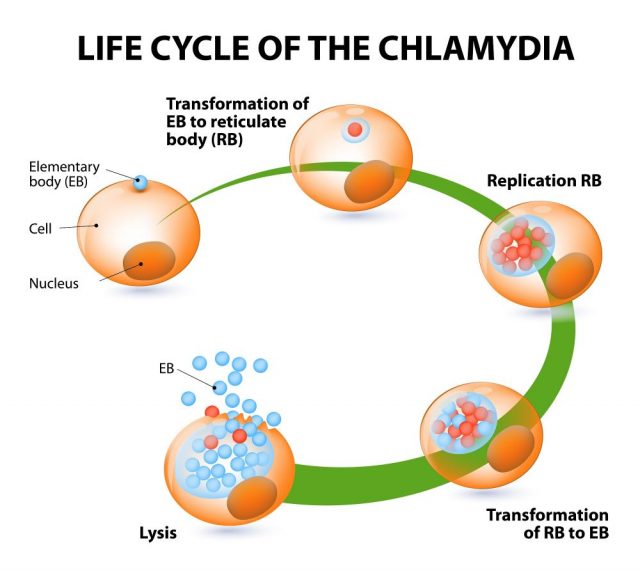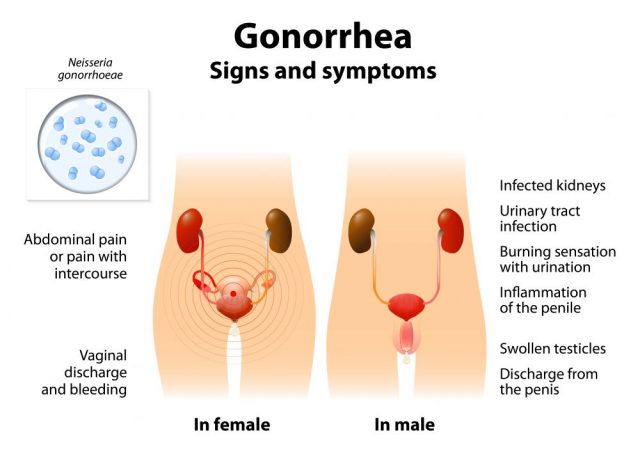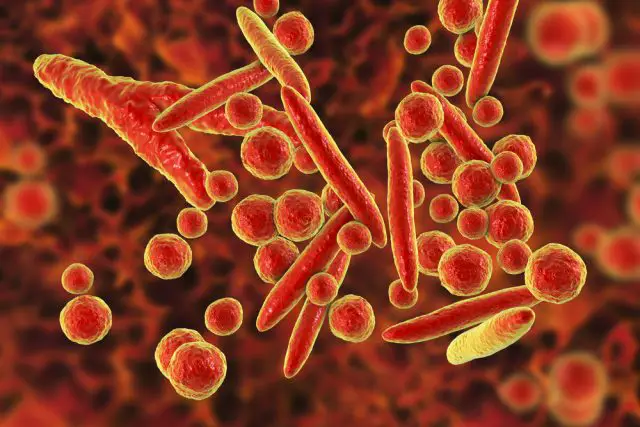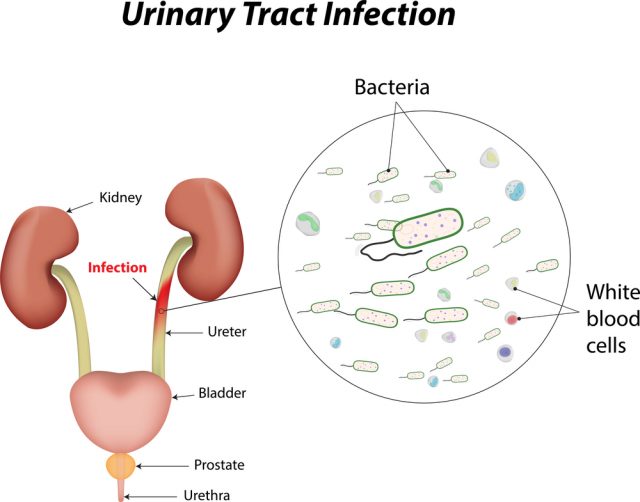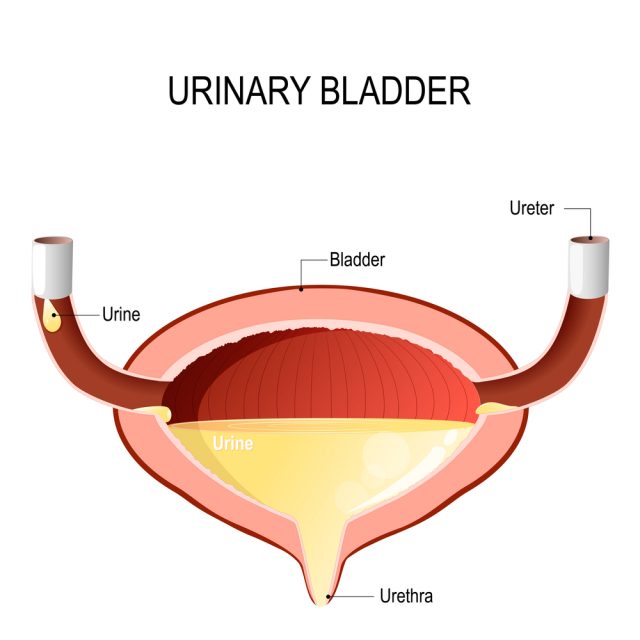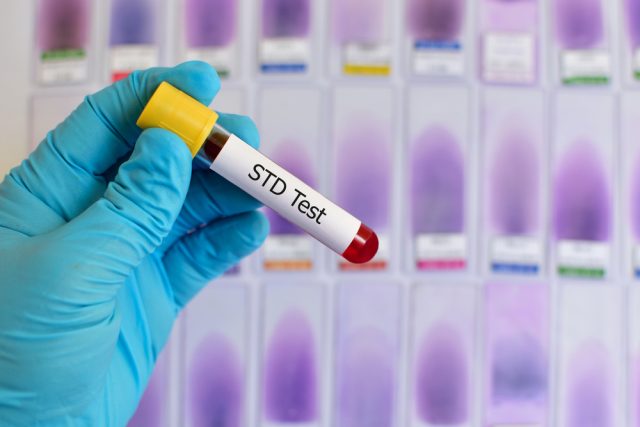What STDs Cause Frequent Urination?
This is a question that many of us have had to ask ourselves and Google. Whether it’s early childhood programming or anxiety, whenever something is wrong down there, we jump to STD’s. In some, this causes panic and embarrassment. This is largely because we’ve previously associated sexually transmitted diseases with dirty people and people who have unsafe sex. Well, all of those theories have been proved wrong by modern science. We now know that anyone can be at risk for an STD, even if you’re only active with one person.
This article is going to look at the STD’s that cause frequent urination and the symptoms of each disease. This is a key factor in narrowing down the possibilities. However, STD’s are not the only cause of frequent urination. Here is a list of the possible causes:
- Bladder infection
- Chlamydia *
- Diabetes
- Genital herpes *
- Gonorrhea *
- Interstitial cystitis
- Medications
- Mycoplasma genitalium *
- Pregnancy
- Prostatitis
- Stress/anxiety
- Trichomoniasis *
- Urethritis
- Urinary tract infection
The items marked with a * are the only STD’s on the list. As you can see, STD’s are not the majority cause of frequent urination. In fact, the most frequent cause is a urinary tract infection. Of course, you don’t want to read everything about all of these possible causes. Instead, let’s focus on 5 causes of frequent urination:
- Chlamydia
- Gonorrhea
- Mycoplasma genitalium
- Trichomoniasis
- UTI / Bladder infections
Chlamydia
This is one of the most common STD’s. Although it can be successfully treated if it’s caught in the early stages, it’s easily spread because individuals will often have little or no symptoms. The statistics suggest that 75% of women with chlamydia did not notice symptoms and 50% of men. As you can probably guess, it’s not easily detected. If the symptoms are going to show, it will be around the 3 week mark. Now, chlamydia appears with slightly varying side effects for men and women.
The sexes share two side effects in common: Painful urination and frequent urination. Other symptoms include:
Men
- Cloudy or clear discharge from penis
- Burning around opening of penis
- Itching sensation in penis
- Pain around the testicles
- Swelling around the testicles
Women
- Abnormal vaginal discharge
- Odorous vaginal discharge
- Bleeding between periods
- Painful periods
- Abdominal pain (with a fever)
- Pain while having intercourse
- Itching in/around the vagina
- Pain in/around the vagina
Anyone diagnosed and treated for chlamydia should book a follow-up appointment after 3 months to ensure the infection is gone. In severe cases, women require hospitalization as a result of the infection.
Gonorrhea
This infection is harder to catch because it’s more common to have no symptoms at all. Especially in women. This leads to a common misconception that the symptoms are a result of nothing more than a bladder infection. Symptoms can be present after a few days of infection.
They can also take up to 30 days to develop. Similar to chlamydia, some of the symptoms are different men and women. However, many of them are the same:
- Painful urination
- Frequent urination
- Abnormal discharge (clear or milky, eventually turning yellow and becoming more excessive, may even contain blood)
- Anal itching and general discomfort
- Anal bleeding or discharge
Women
- Irregular menstrual bleeding
- Lower abdominal pain
- Fever
- Lethargy
- Swelling around opening of vagina
- Painful sexual intercourse
In rare cases, gonorrhea can also cause a sore throat or pink eye in both sexes.
There are some cases of gonorrhea that spread to other areas of the body. This is referred to as disseminated gonococcal infection, or DGI. This can include joint pain and inflamed tendons.
Mycoplasma Genitalium
This bacteria has actually been linked to some cases of arthritis. In women, this bacteria can be linked to pelvic inflammatory disease and even infertility.
Due to the risks of this bacteria spreading, it’s important to see a doctor if you have any of the side effects below:
- Frequent urination
- Feeling the need to urinate
- Burning during urination
- Discharge
- Pain during intercourse/ejaculation
In women, this bacteria can also cause abnormal vaginal bleeding and abdominal pain.
Unfortunately, this bacteria can be hard to diagnose. Therefore, treatment may pose an issue even though there are many treatments available.
Trichomoniasis
This is another common STD that is easily treated. Again, there are often little or no symptoms present. In fact, according to the CDC, only 30% of people who were infected reported any kind of symptoms. The symptoms are more common in men, with 80% of the surveyed women having no symptoms at all. If any symptoms are going to occur, it’s between 5-30 days after coming into contact with the infection.
This is merely a benchmark as others have reported the symptoms took much longer. Here are the most common symptoms reported:
- Frequent urination
- Frequent urge to urinate
- Pain or burning while urinating
- Pain or burning during sexual intercourse
Women may also experience vaginal bleeding and discomfort (itching, redness, swelling, burning).
As you can tell, many of these STD’s share the same symptoms. This makes it tricky to narrow down what could be causing the issue. Treatment for each STD is different and it may take more than one trip to the doctor to get rid of the problem.
Lastly, we look at the infections.
Urinary Tract Infection
In women, this is the most common cause of urination problems. A urinary tract infection happens when a bacteria enters the vagina that is otherwise not supposed to be there.
This can happen as a result of wiping improperly after using the rest room. Of course, it can be a result of sex as well, but that doesn’t put it in the category of STDs.
The symptoms are a UTI are:
- Burning sensation when urinating
- Frequent need to urinate
- Straining to urinate
- Pain or pressure in lower back
- Pain or pressure in abdomen
- Foul smelling urine
- Discoloration of urine
- Cloudy urine
- Feeling tired
- Feeling shaky
If a fever or chills are present, this is a sign the UTI has reached the kidneys. This will require an antibiotic and can not be treated as home! If that sounds serious, that’s because it is. If a urinary tract infection is left untreated, it can cause serious long-term damage.
Many individuals with persistent UTI’s actually have interstitial cystitis. This means the bacteria is largely undetected. The culprit of these UTI’s are ulcers or haemorrhages found inside of the bladder. Women are more prone to get serious UTI’s because the urethra is smaller. This means the bacteria has less room to travel.
Bladder Infection
A bladder infection is actually a different type of UTI, considering it affects the same area.
The side effects for a bladder infection are slightly different:
- Burning or pain during urination
- Burning or pain during intercourse
- Cloudy or smelly urine
- Blood in urine
- Inability to delay urination
- Pain in the pelvis and abdomen
- Pain in vagina / scrotum and penis
- Nausea or vomiting
Most bladder infections happen randomly and don’t happen again. Of course, there are some people who end up getting them over and over. Of everything on this list, a bladder infection is the only thing with a home remedy. Many people advise the use of cranberry juice to detox, but that’s not a scientific fact endorsed by doctors. However, drinking more fluids and urinating more often are recommended.
Of course, you should still seek out treatment in case it’s not just a bladder infection.
In Closing
Now it may be hard to believe, but sometimes, frequent urination is caused by stress. If you don’t have other symptoms or your doctor says there’s nothing wrong, it’s time to look into stress management. It’s not the solution for everyone, but for some, it is. This can be caused by stress from work or anxiety about a new relationship. It’s definitely worth looking into if you’re at a stand still!
Of course, the reason STD symptoms are so concerning is that they never show up right away. STD’s often remain dormant in your system, some taking up to 6 weeks to show. That’s why you can only get tested for certain STD’s after a specific amount of time has passed. Unfortunately, this means that many individuals are unaware they have an STD, which can lead to unknowingly spreading the disease to other people. If that individual is overly active, there’s a chance they won’t remember where they got the disease from either.
The best thing you can do is practice good personal hygiene and only engage is safe sexual intercourse.

